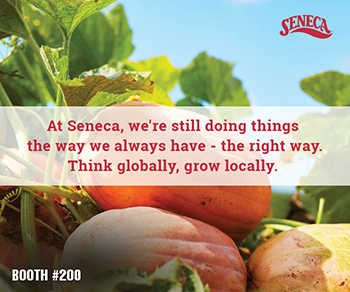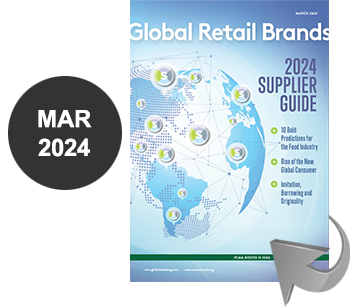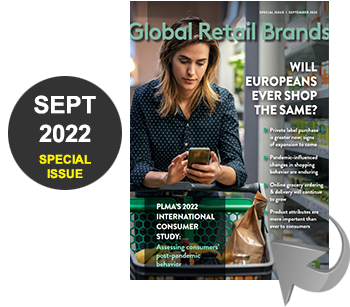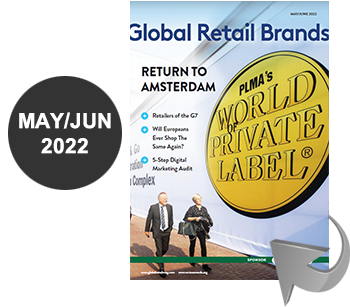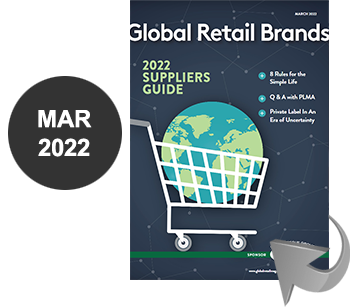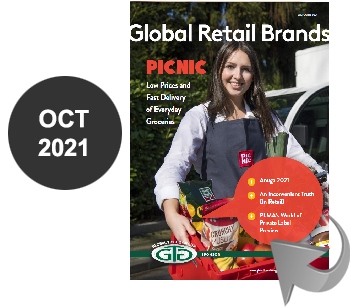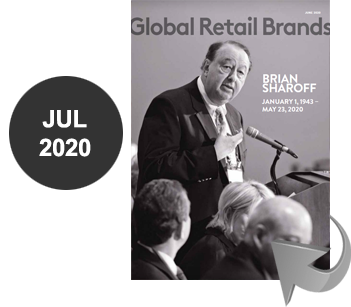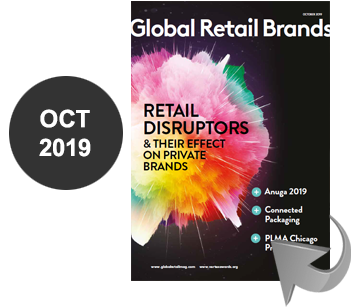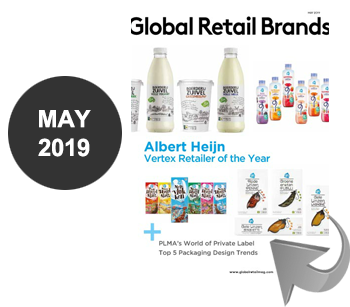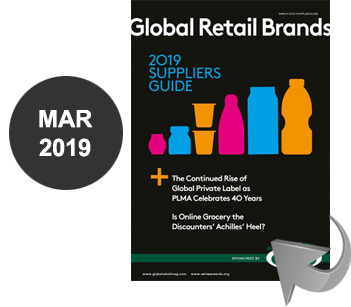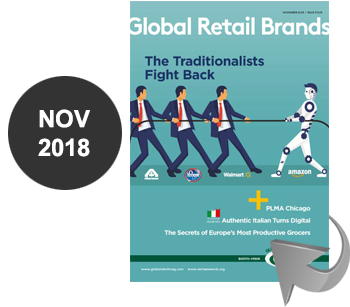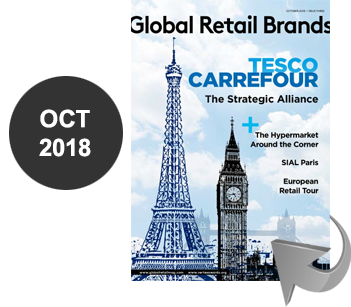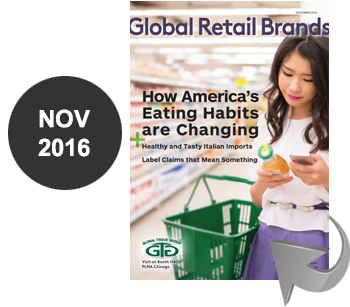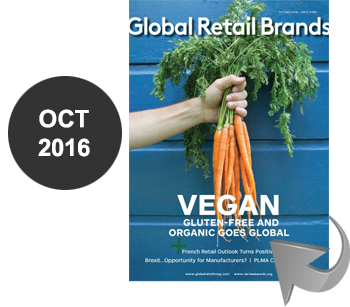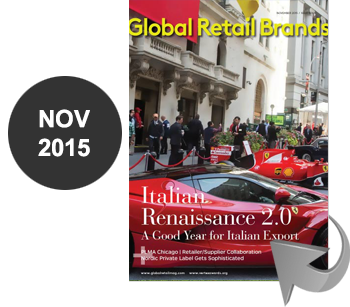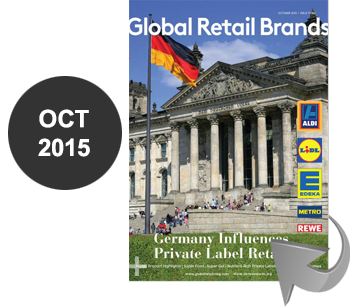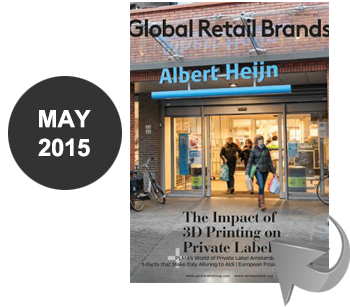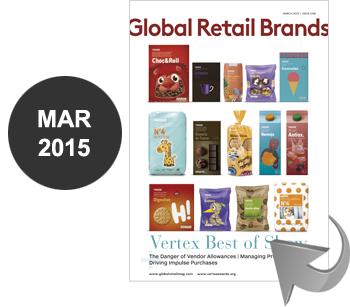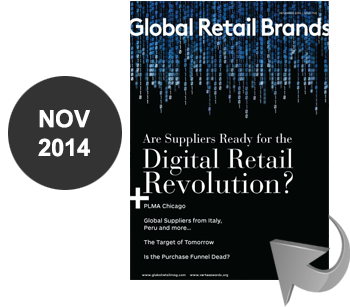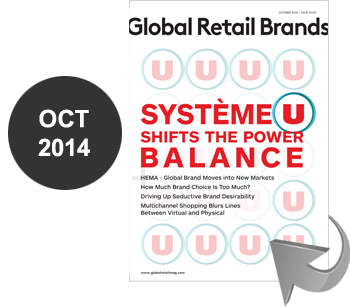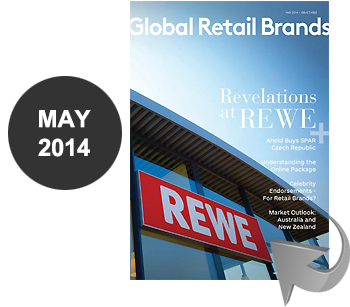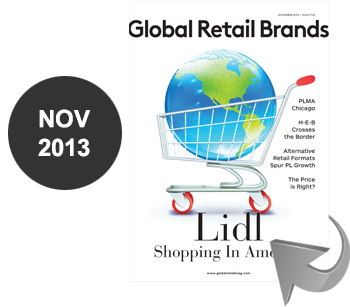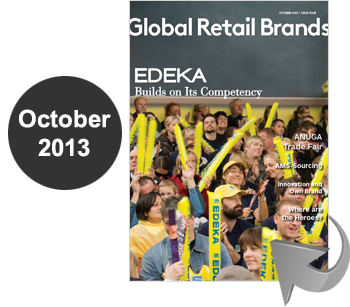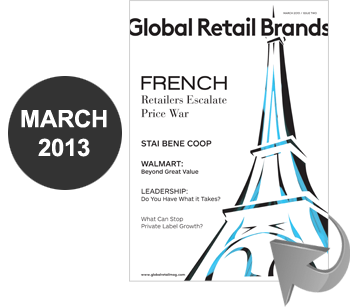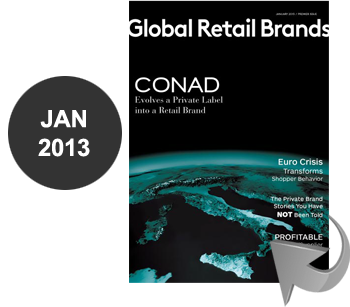 By / David Lopes, President & General Manager, International Private Brand Develo pment, Daymon Worldwide
By / David Lopes, President & General Manager, International Private Brand Develo pment, Daymon Worldwide
The beginning of the year is always a time to reflect on the past and look forward to the future. When considering retail and the future of brands, what we know and experience today will not be the same tomorrow. The future of retail and brands will be rooted in trust. We live in a world in which institutions collapse and disappoint us, and thus the companies and brands with true staying power are the ones that are able to win the trust and hearts of their customers. This relationship is built not only by creating value and providing safety, happiness and enjoyment to consumers, but increasingly companies and brands are being judged on fair pricing, ethics and overall transparency. These are the matters that will become more critical in the coming years.
This holds true for private brands, as all regions of the world will continue to witness the development of own brands by retailers. This is a fascinating subject, however it has nothing to do with the traditional battle between manufacturer and retailer brands. Private brands will no longer be synonymous with low price and, likewise, industry brands will not have a monopoly on quality and innovation. The future of private brands has much more to do with the capacity to innovate, to offer a quality service linked to the product and sale, and to do all this in a continuous and sustainable way. The world that is emerging is a collaborative world; a world in which ideas and the capacity to implement them will define the leaders, more so than controlling the means of production.
However, producers too are in need of deep reflection. When, for example, we think of China, we think of the world’s factory, given its cheap labor. But we neglect to think that they are one of the most creative and flexible people in the world and that in the next 30 years they will, through internal economic growth, “lift” 300 million consumers into the middle class, equivalent to the population of the USA. It is a middle class which craves food security, and millions of producers with growing awareness that they will have to adopt rigorous brand management principles if they want to not only survive, but succeed, both domestically and internationally.
Another profound revolution shaping our interaction with brands is the way we relate to and influence others. Information is being made available to us without intermediaries. We are all writers and editors, spectators and protagonists. Throughout the world there is growing concern on the part of producers and retailers to incorporate this new behavior into their strategies. The challenge that lies ahead deals with owning the responsibility and the consequences of linking brands and companies to the consumer; knowing that he has a voice and an opinion and that he can use it in a more powerful way than ever before to either recommend or criticize.
So, what else does the future of retail hold? I see a scenario of continued consolidation by retailers, mainly in markets where the concentration is still not very high, and I see another phenomenon which is for me by far the most interesting and which is related to the attempt to discover new concepts, new formats, new channels. Half the world is trying to reinvent the traditional hypermarket. The other half of the world is testing online concepts and transforming supermarkets into a hybrid between a restaurant, a market or a café…I am sure that in the next five years we will see the appearance of new retailers and brands which will be successful but which we have not heard of yet.


